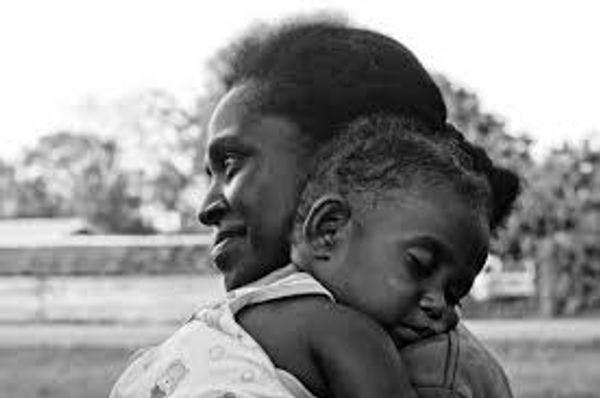The drug war on women
NEW YORK – When I was growing up in communist Poland, International Women’s Day was viewed as an opportunity to celebrate women’s contributions and accomplishments. But it was a hollow token. The following day, women went back to their lives of limited opportunity. No one-day holiday can do much to redress generations of discrimination.
The impact of the international drug-policy regime reflects this reality. In the drug supply chain, women are most commonly found at the bottom, often acting as “mules.” When a woman is caught, although she is often a non-violent first time offender, she faces a harsh mandatory minimum sentence.
To the traffickers, these women are expendable. Bail is rarely put up for them, or a lawyer hired, because they hold no value to the trafficking structures. And, left on their own, these women lack the knowledge and resources to navigate the criminal justice system. Nor are they likely to have the right kind of information to trade with authorities in exchange for a lighter sentence.
More women are sent to jail for drug offences than for any other crime. In Latin America alone, they account for 70% of women in prison. The impact on the drug trade of incarcerating a drug mule for a decade is minuscule; but the effect on the women and their families is devastating and irreversible.
I first noticed the effects of drug policy on women when I traveled to Tajikistan and Kyrgyzstan after the collapse of the Soviet Union. In the Kyrgyz mountains, there were entire villages with not a man in sight; they had become migrant workers in Russia.
Within two years of Kyrgyzstan’s independence, prisons filled with women held on drug-trafficking charges. These were ordinary women, some of them “babushkas” wearing headscarves. When speaking to senior law enforcement officials, I was told that the women were smuggling drugs from Afghanistan to pay for shoes and schoolbooks. To the Tajik and Kyrgyz criminal justice system, they were the lowest-hanging fruit in the newly launched war on drugs.
Women in such circumstances face a double punishment: loss of liberty and family. To be convicted of a drug-related crime often means losing custody of one’s children. If the woman sent to jail is the head of a single-parent household and her children are placed in foster care, or if she is pregnant when entering prison, it is likely that she will never see them again.
Click here to read the full article.
Keep up-to-date with drug policy developments by subscribing to the IDPC Monthly Alert.
Thumbnail: Wikimedia Commons
